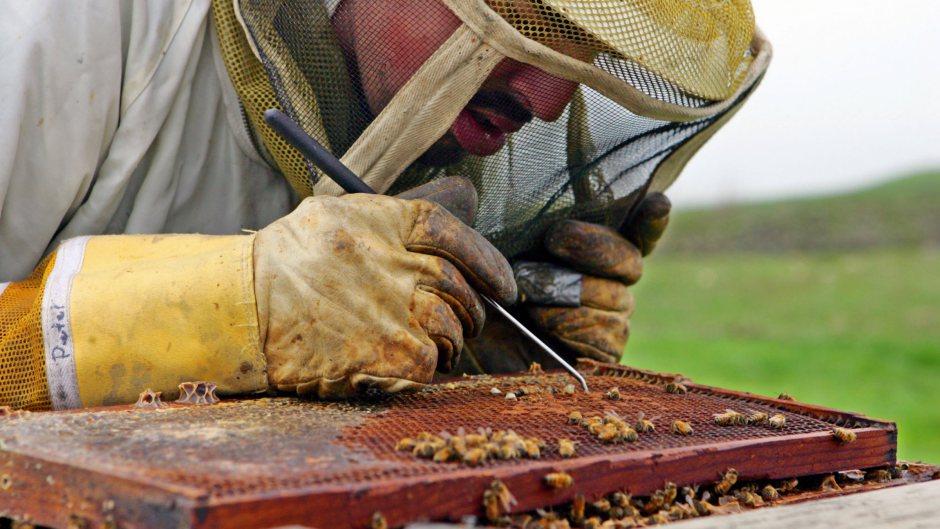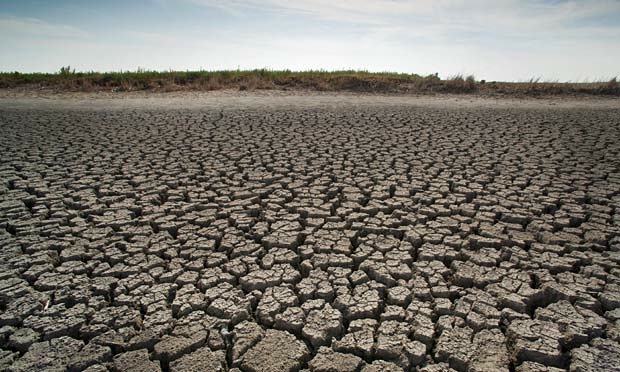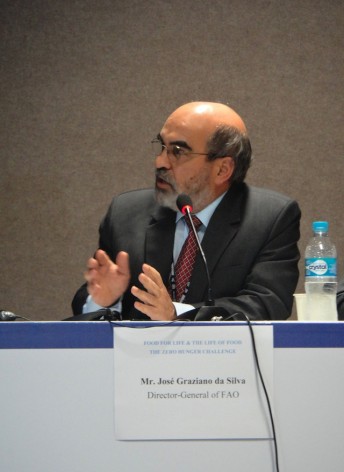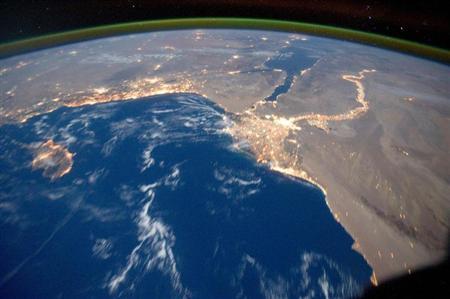Global
Submitted by ashjeet on
Brazil Geodesign Presentation 3 - Summer 2015
Submitted by ashjeet on
Geodesign Session 3 - San Diego and Baja
Submitted by ashjeet on
Scientists discover what’s killing the bees and it’s worse than you thought
Submitted by ysp013 on
Analysis: The future of food aid
Submitted by ysp013 on
'The real threat to our future is peak water'
Submitted by ysp013 on
Q&A: Generating Global Governance to End Hunger
Submitted by ysp013 on
Geodesign Session 2 - Brazil
Submitted by ashjeet on
Geodesign Session 2 - San Diego and Baja
Submitted by ashjeet on
World suffered unprecedented climate extremes in past decade: WMO
Submitted by ysp013 on







